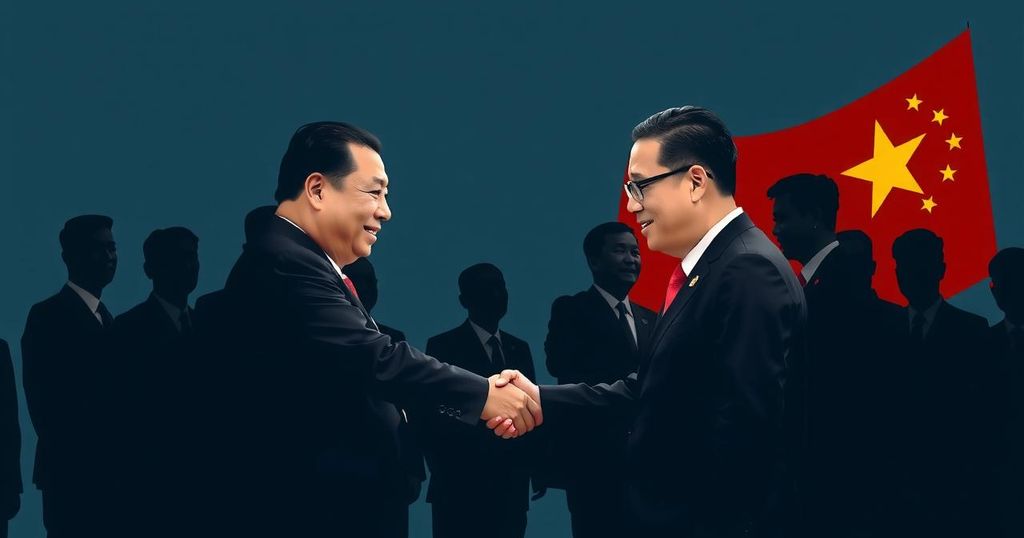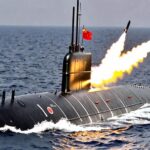China and Vietnam Pledge to Strengthen Political and Economic Ties
The leaders of China and Vietnam have reaffirmed their commitment to strengthening political and economic ties, underscoring the significance of their partnership. During Vietnam President To Lam’s inaugural visit to Beijing, Chinese President Xi Jinping and his wife, Peng Li Yuan, cordially hosted a reception for the esteemed guests, symbolizing the enduring alliance between the two countries.
President Xi emphasized the deep-rooted friendship between China and Vietnam, highlighting Vietnam’s pivotal role in China’s foreign policy strategy. Both leaders presided over the signing of 14 cooperative agreements across various sectors, including political education, infrastructure, healthcare, and banking, cementing their robust economic partnership. With a total bilateral trade of $172 billion last year, China remains Vietnam’s largest trading partner, further underscoring the importance of their dynamic economic relationship.
Following the late Nguyen Phu Trong’s tenure as general secretary of Vietnam’s Communist Party, President Lam emphasized the paramount importance of the relationship with China in Vietnam’s foreign policy. Emphasizing their shared communist ideology, President Lam commended China’s achievements under President Xi’s leadership, highlighting the mutual respect and admiration between the two nations.
The leaders’ discussions also addressed sensitive geopolitical issues, with Vietnam reaffirming its support for China’s claim over Taiwan and acknowledging matters concerning Hong Kong, Tibet, and Xinjiang as China’s internal affairs. This gesture demonstrates Vietnam’s steadfast support for China’s sovereignty, fostering a sense of unity between the two nations.
Despite historical tensions and territorial disputes, it is clear that China and Vietnam are both committed to maintaining their strategic partnership and exploring opportunities for collaboration. President Lam’s diplomatic visit to China reflects Vietnam’s proactive approach in balancing its relations with major global powers, including the United States, Russia, and Japan. As geopolitical dynamics continue to evolve, Vietnam’s stance on fostering harmonious relationships with its neighbors is pivotal in navigating the complex international landscape.
The visit holds particular significance in light of growing geopolitical competition, with the U.S. and Japan seeking to strengthen their ties with Vietnam as a counterbalance to China’s expanding influence. This illustrates Vietnam’s increasing stature in the global arena.
Furthermore, Vietnam’s strategic engagement with Russia, as demonstrated by President Vladimir Putin’s visit to Vietnam in June, underscores the country’s adept diplomatic maneuvering. As Russia realigns its international partnerships, Vietnam emerges as a key player in shaping the geopolitical equilibrium and positioning itself as a pivotal ally in the region.
Despite historical tensions and geopolitical complexities, Vietnam and China’s economic interdependence remains a driving force in fostering stability and cooperation. The signing of bilateral cooperation agreements underscores a shared commitment to furthering economic collaboration, despite intermittent territorial disputes and historical conflicts.
President Lam’s visit serves as a testament to the intricate geopolitical landscape of Southeast Asia, highlighting the delicate balance of power dynamics and economic interdependence within the region. As the global order continues to undergo unprecedented shifts, the evolving dynamics between China and Vietnam hold far-reaching implications for the geopolitical trajectory of the Asia-Pacific region.








Post Comment